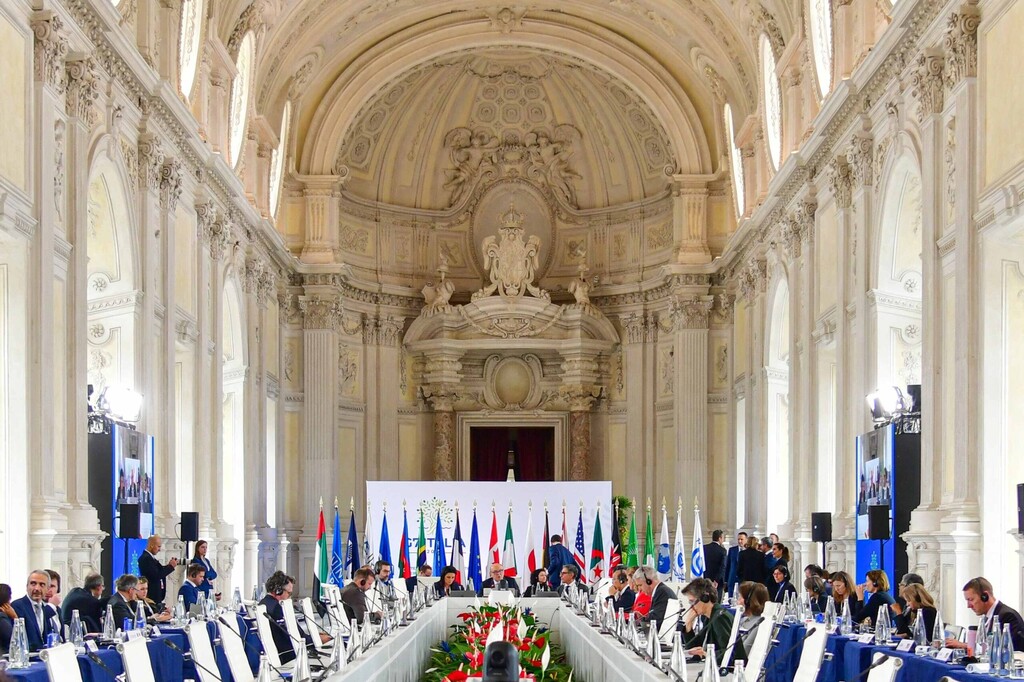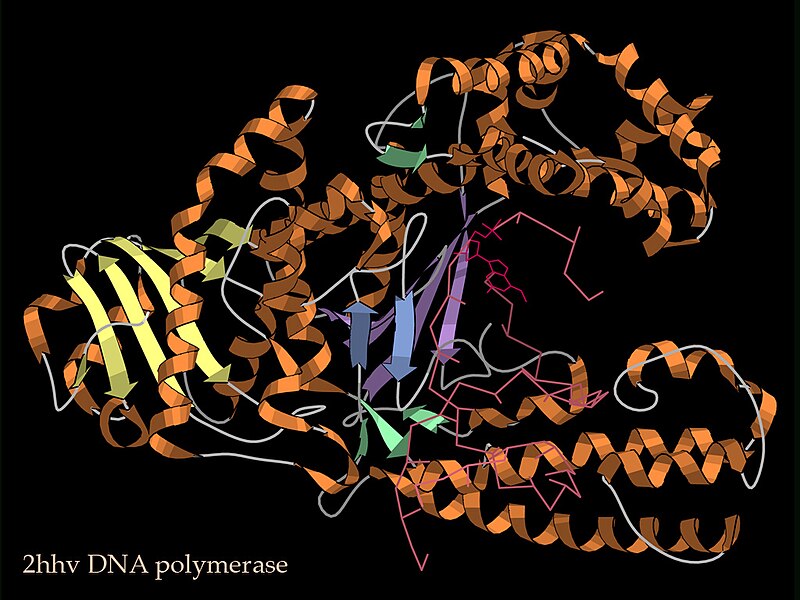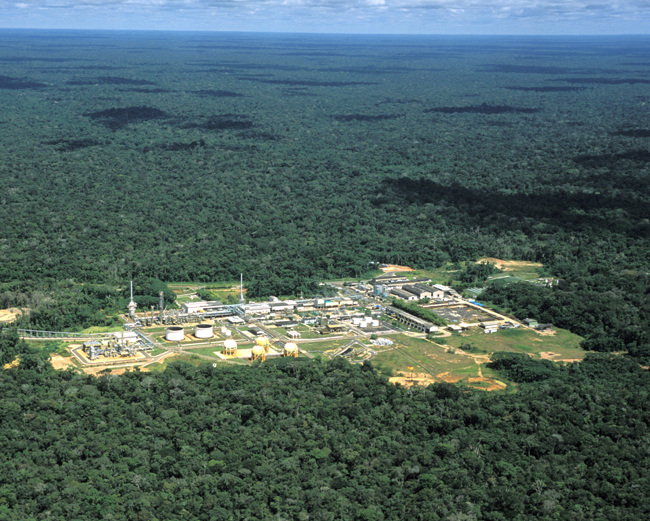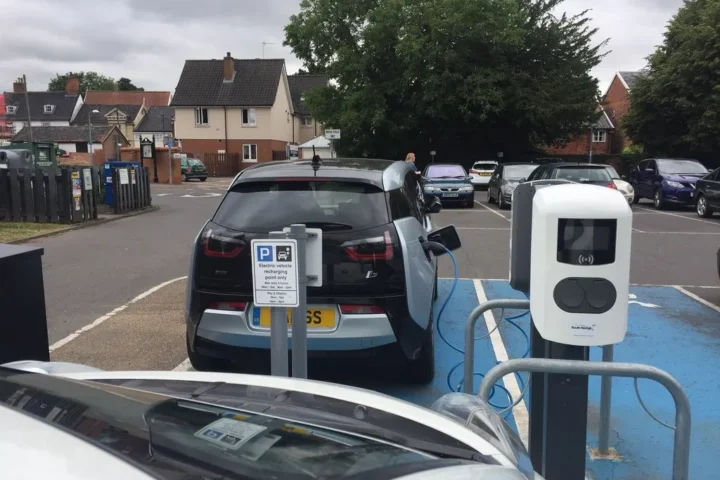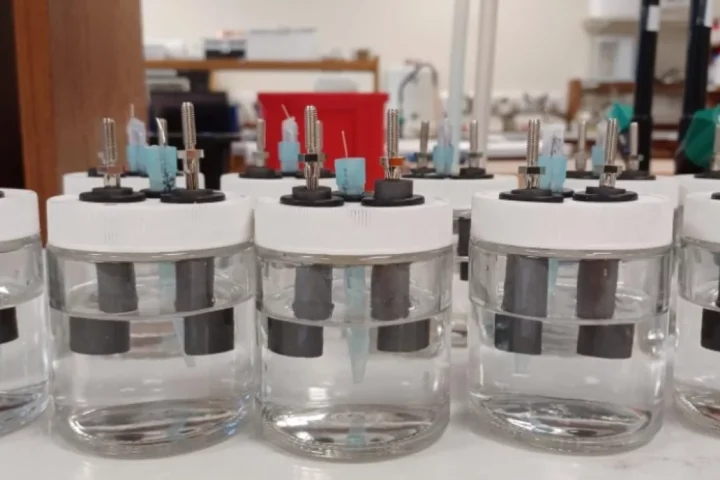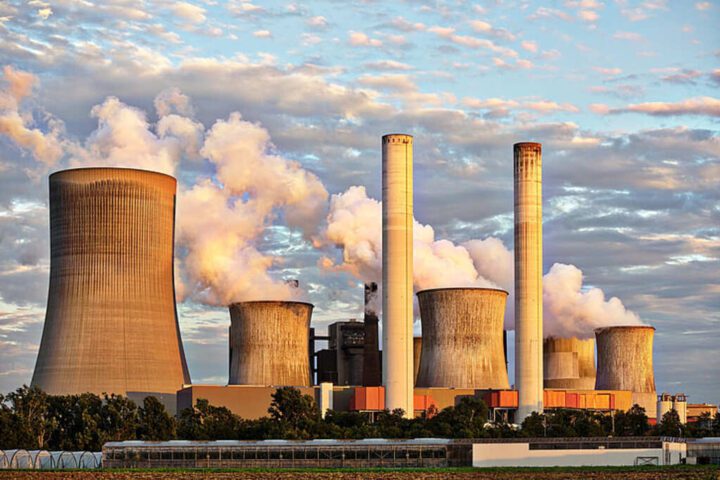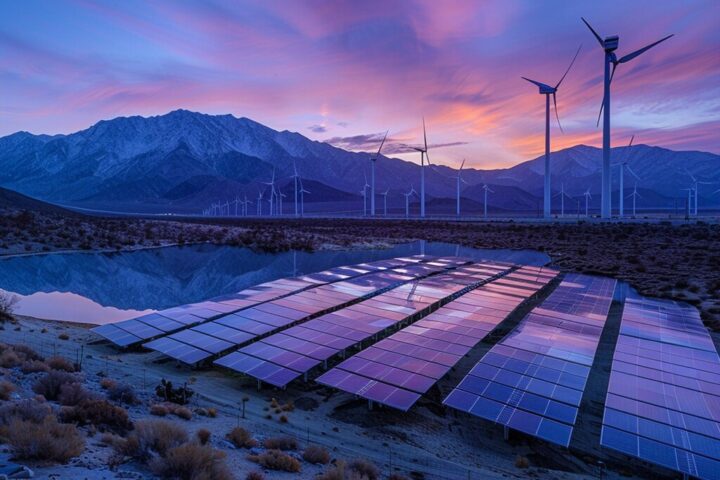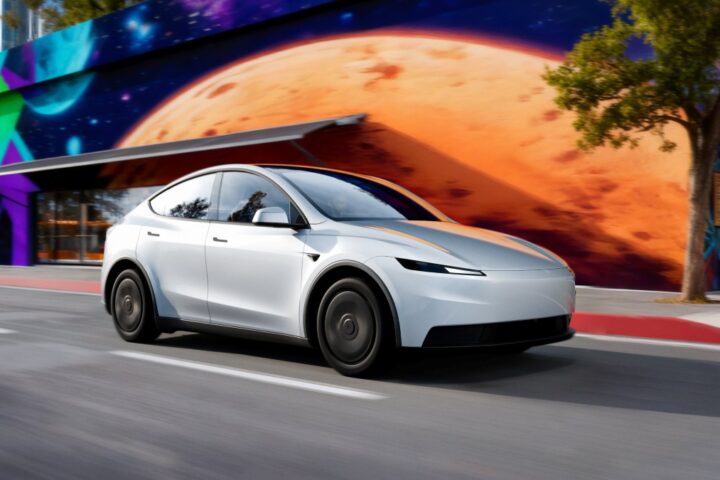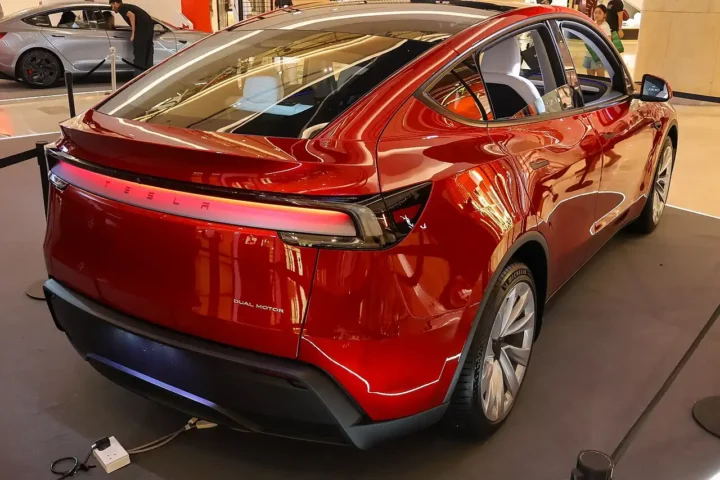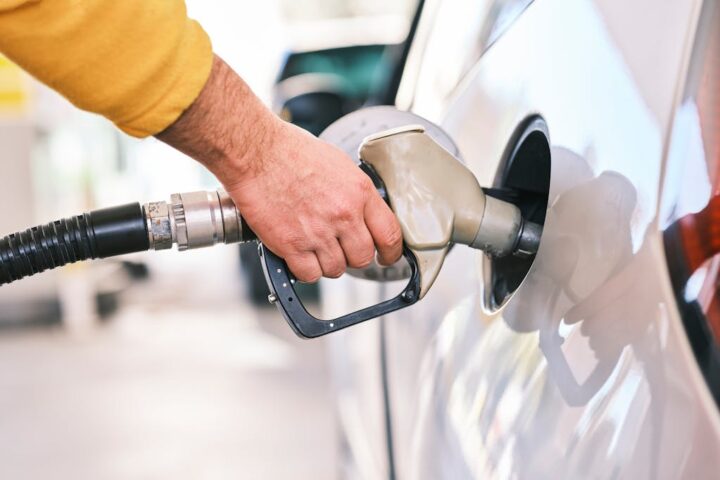The G7 Energy and Environment Ministers, the group of the world’s seven wealthiest democracies, who have been meeting since Sunday in the Italian city of Turin, have committed to gradually phasing out coal-based energy generation during the first half of the 2030s, i.e., before 2035, and to continue reducing energy dependence on Russia. Their plan aligns with the commitment to maintain the global temperature increase within 1.5°C.
In the final document published this Tuesday, the Environment Ministers from Japan, the United States, Canada, France, the United Kingdom, Germany, and Italy aim to reduce as much as possible the use of coal-fired power plants in energy systems to a level that maintains within reach the limit of 1.5°C temperature increase.
On the front of cooperation with other countries, the statement highlights the commitment “to promote the cessation of new coal-fired power plants worldwide as soon as possible.
Additionally, the G7 supports the use of nuclear fusion energy and commits to promoting international collaborations to accelerate the development of fusion pilot plants and encourage the increase of private investment and public commitment to solve research challenges and develop international supply chains and labor forces.
Regarding Russia, the world’s seven wealthiest countries are determined to reduce dependence on civilian goods related to nuclear energy from Russia, including promoting a diversified and Russian influence-free fuel supply chain, and to assist countries that seek to diversify their supply.
Similar Posts
In Turin, the ministers debated potential technologies that would allow the supply of clean and sustainable energy also to countries of the Global South, especially in Africa, to contribute to the decarbonization of their industry before 2050.
However, they did not reach an agreement to establish the mechanisms for the “loss and damage” fund, aimed at the poorest and most vulnerable countries to the effects of climate change: the contribution, in fact, remains voluntary.
The G7 also set ambitious targets to cut vehicle emissions by 50% by 2035 from the 2000 levels, aiming for net-zero emissions in the motor sector by 2050. This includes developing electric vehicle infrastructures and supporting emission-neutral fuels. Efforts to harmonize battery material supply methods and promote recycling and the use of hydrogen as clean energy are also being evaluated.
During the meeting of Climate, Environment, and Energy Ministers, a so-called “G7 Water Coalition” was also launched, which aims to identify common goals and strategies, catalyze shared ambitions and priorities to address the global water crisis, and integrate water and its cross-sectoral relevance effectively and coherently in existing forums and processes.
